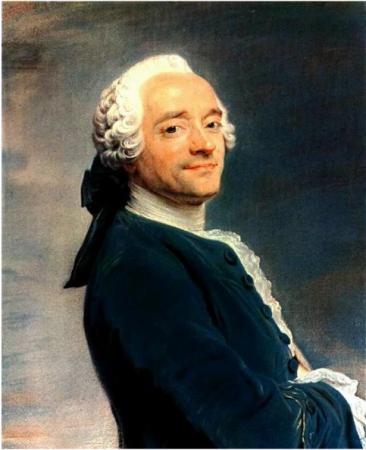Went to the Japan Foundation in Toronto last night to hear a lecture by playwright Oriza Hirata, author of Tokyo Notes, Ronin Office Ladies and other plays, on the development of modern theatre in Japan. The lecture was in Japanese with English interpretation: a paragraph in Japanese followed by a paragraph in English; laughter by the Japanese speakers followed at an interval by laughter from the English speakers (but not always). So it went rather slowly, with the history covered from the late nineteenth century only up to the post-war period, and then some disconnected and more abstract reflections on Japanese theatre in the nineties.
It was interesting how he grounded the history of modern theatre in the material and political conditions of Meiji-era Japan. The goals of the government were 1) to become economically and militarily strong 2) to reverse the unequal treaties concluded with imperial powers. So education was emphasized, and art education as far as it furthered the goals. Music was encouraged because you could march to it, and fine art because you could draw maps! Moreover music and art could be used to impress the Westerners that Japan was civilized, and worthy of being treated as an equal.
But there was no purpose for theatre. It didn't make better soldiers (probably the contrary). Also, it was used by the democracy movement to communicate with the illiterate peasants, and so came to have a left-wing association. (Which persists to this day -- Hirata had parents who wouldn't allow their kids to study drama with him because they were afraid it would turn them into communists. Unlike a North American parent who would be afraid it would make them gay.)
Reparations from China allowed Japan to sent students to study in the West, and this included some students of art and music, but not theatre. It was left to the next generation, the children of the nouveau riche, (who became rich from industrial development and also the colonization of Korea) to import modern theatre to Japan. That is, they went to France and did what interested them instead of studying.The first modern theatre was founded by an expat who went to France with a load of money to live there for years, but came back after the great Kanto earthquake because he was worried about his parents. So he used the load of money to open a modern theatre.
The productions in the theatre were imitative of how things were done in Europe, so much so, that actors wore false noses and blond wigs. Yikes!
Then came the rise of Fascism and the war and occupation. Post-war theatre tended to be dominated by the left-wingers who'd been imprisoned, and Hirata said they were kind, and wise, and noble people who wrote very boring plays. (I had the impression that Hirata wanted to give a lecture: How Japanese Theatre Failed.)
At this point the lecture became rather more disconnected and also I might have been disconnected a little as well. The drive in from Waterloo was dreadful and navigating Bloor and Yonge to find parking was confusing. A young woman crossing the street diagonally (I've never seen such a thing) gave me a languid finger because I was trying to turn where she was. We hadn't done laundry in a while so I was wearing my Aikido T-shirt with "Aikido" in Kanji, which I was concealing with my fleece, as I did not want to draw attention to myself. Anyway -- where was I -- many more interesting and disconnected observations from Mr. Hirata but I shall conclude here as I have things to do!
skip to main |
skip to sidebar
Theatre, etc. from a writer in Waterloo, Ontario
